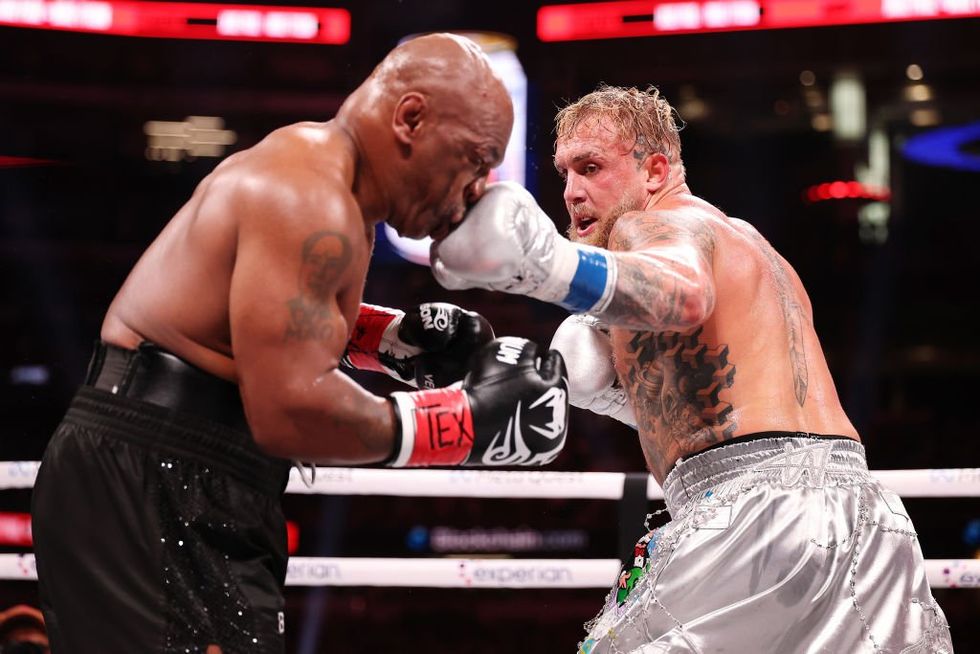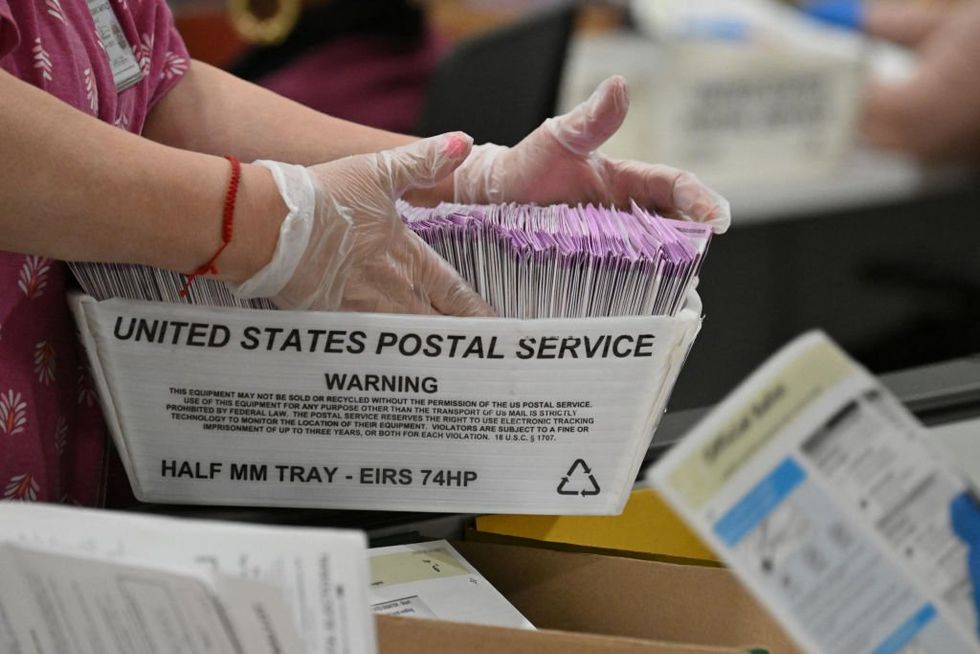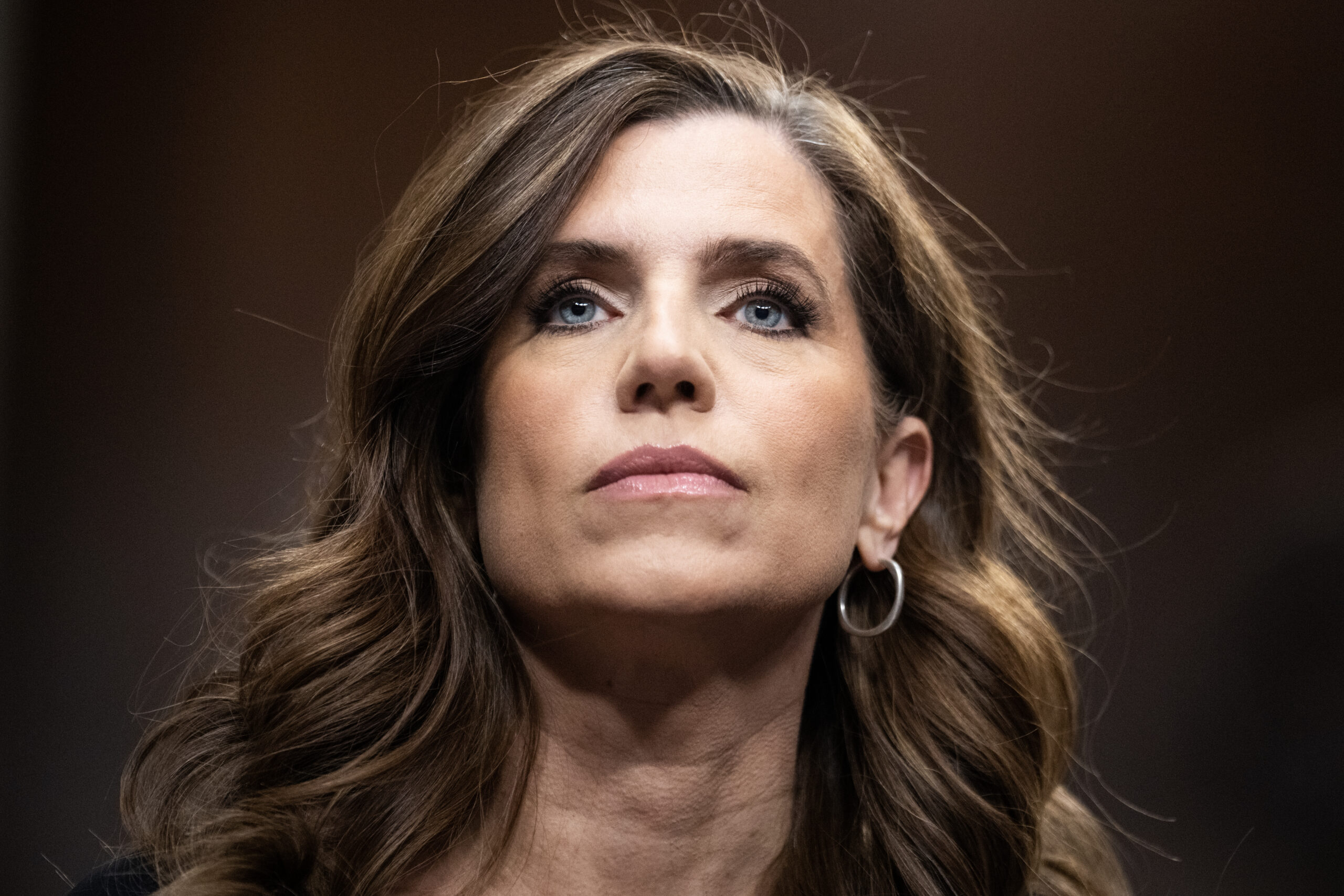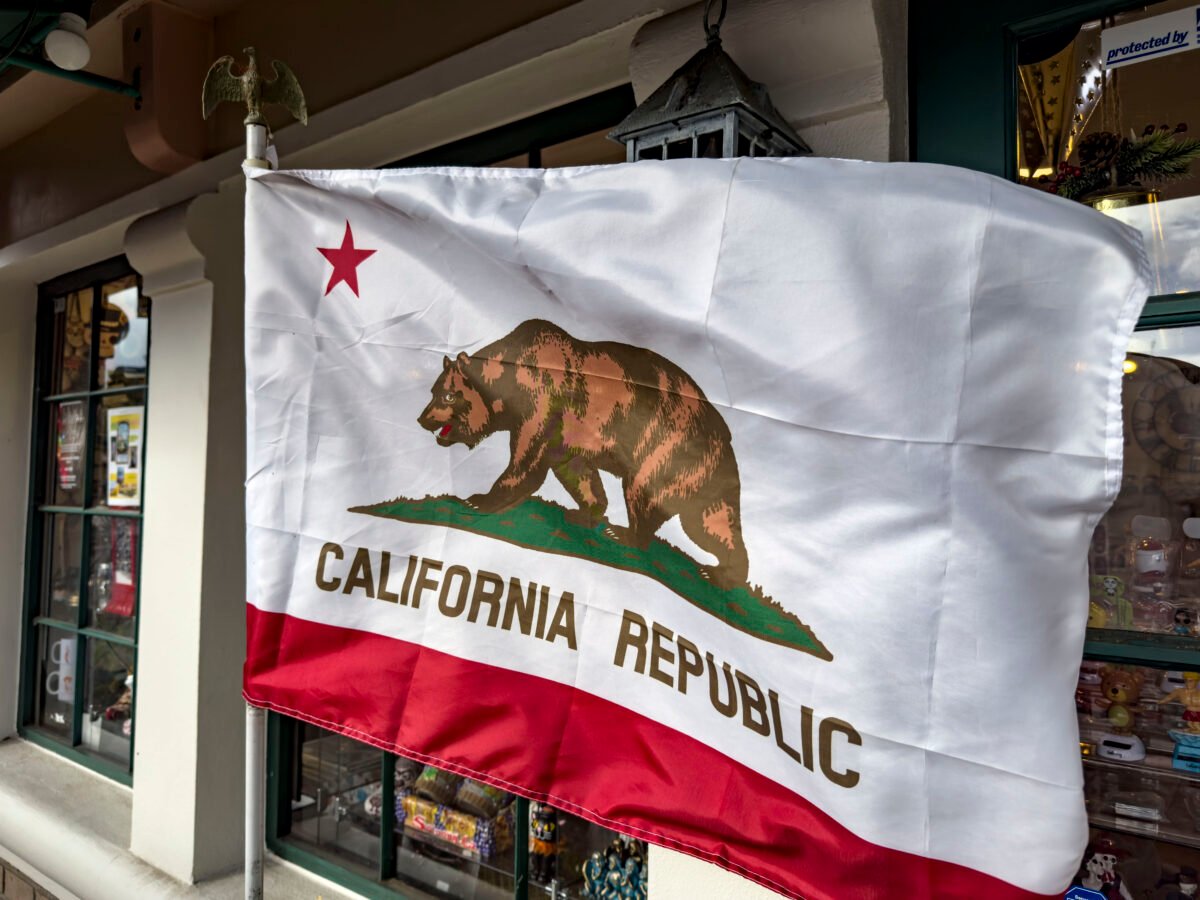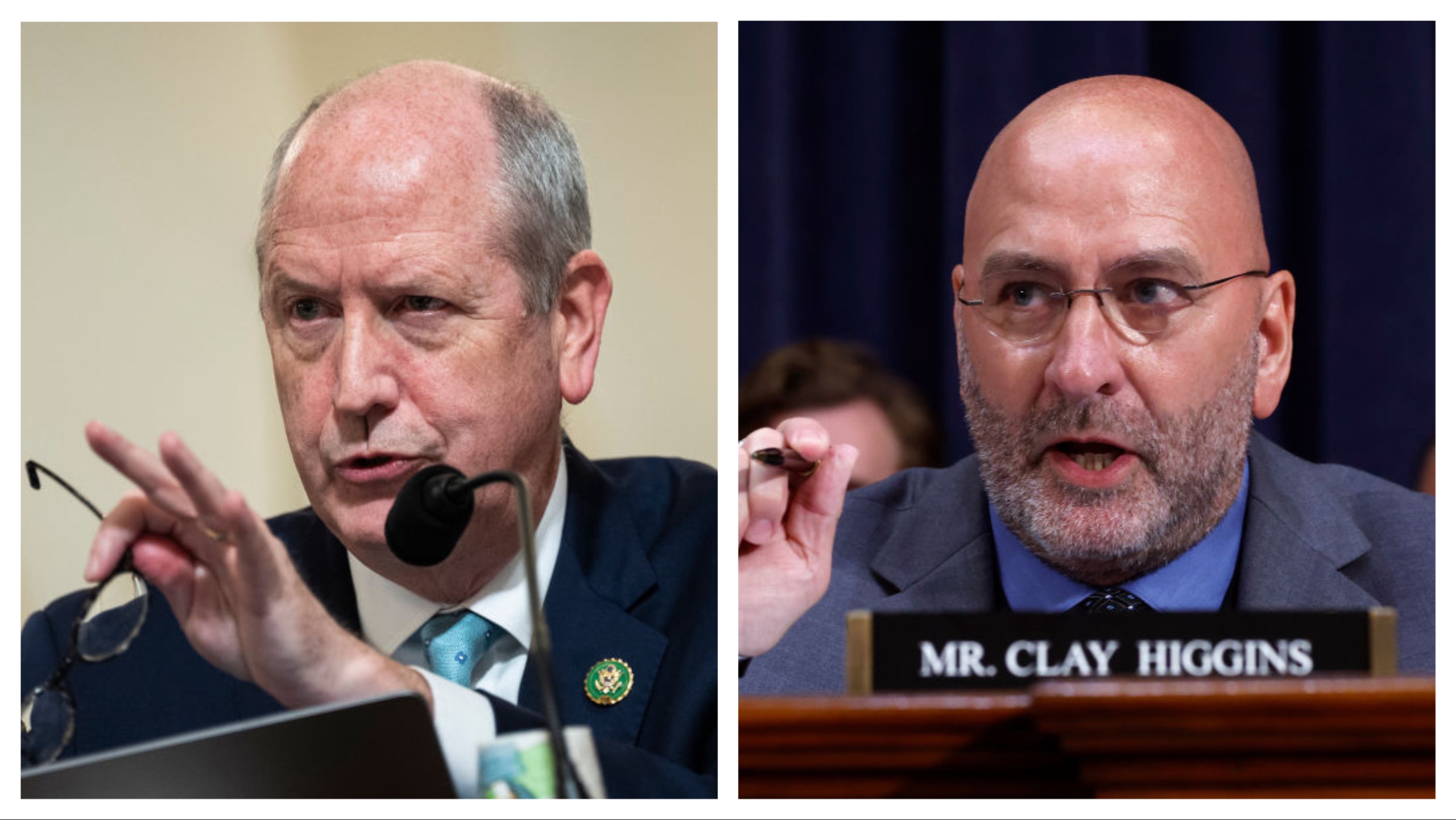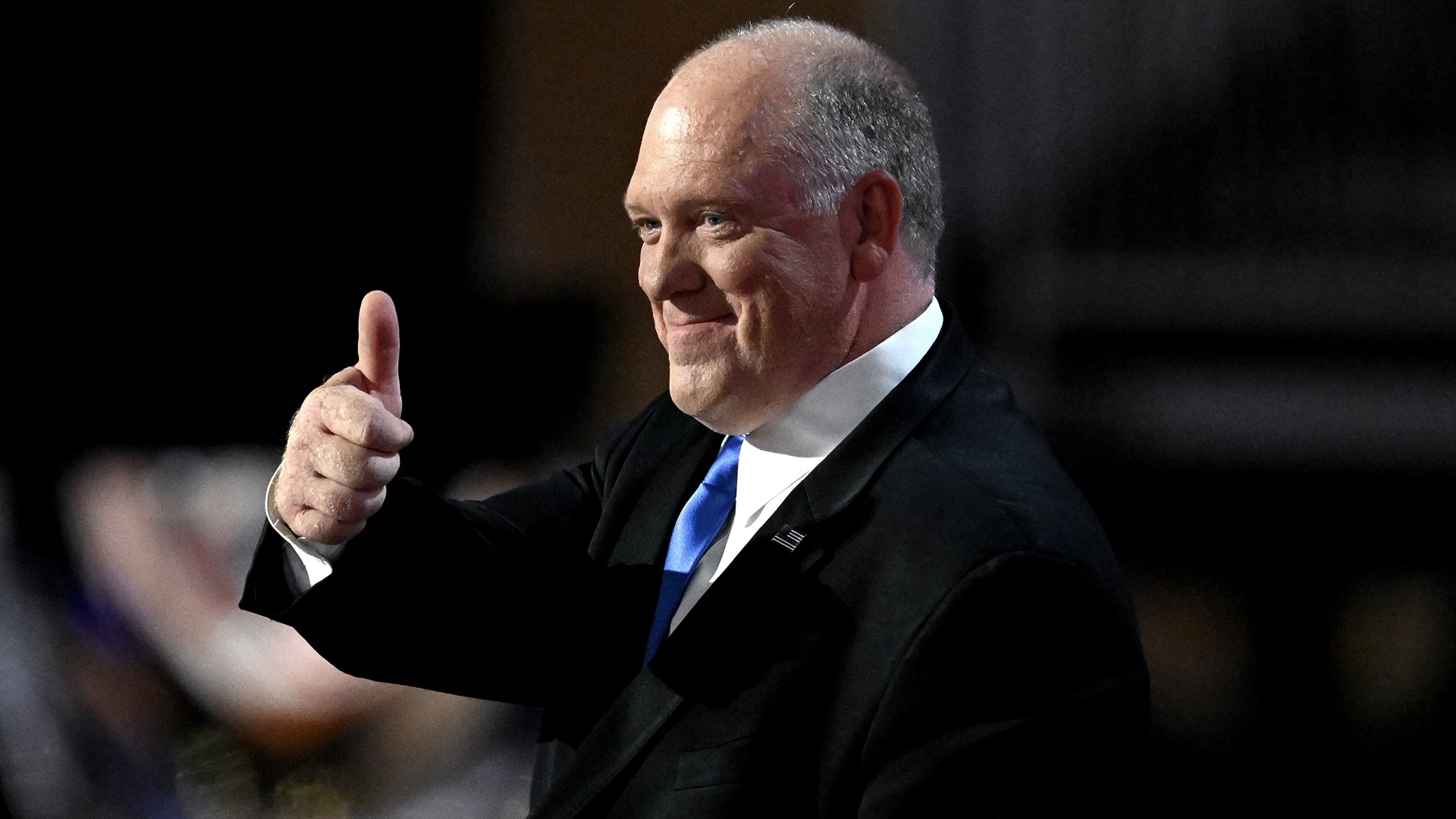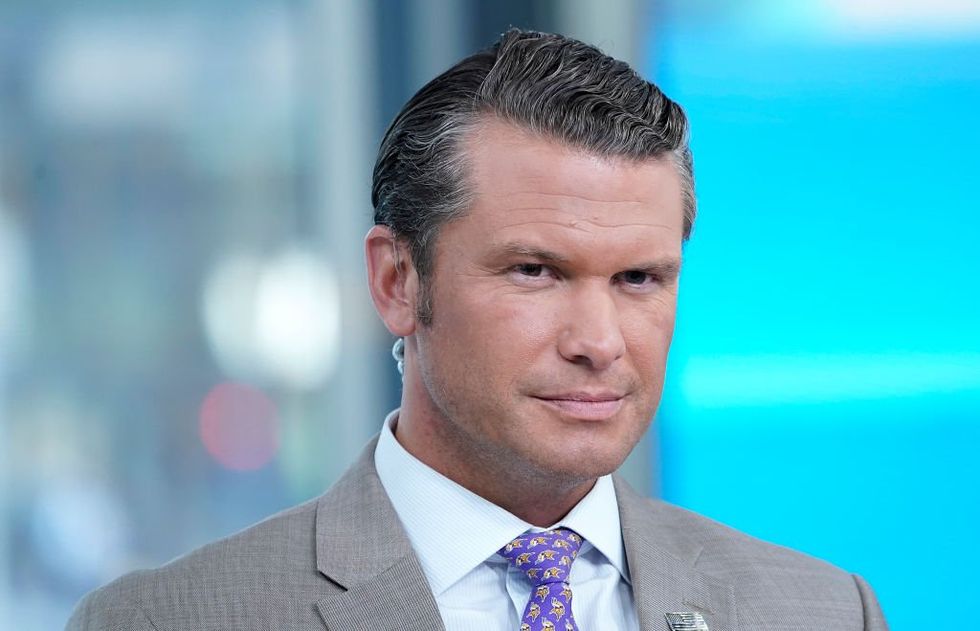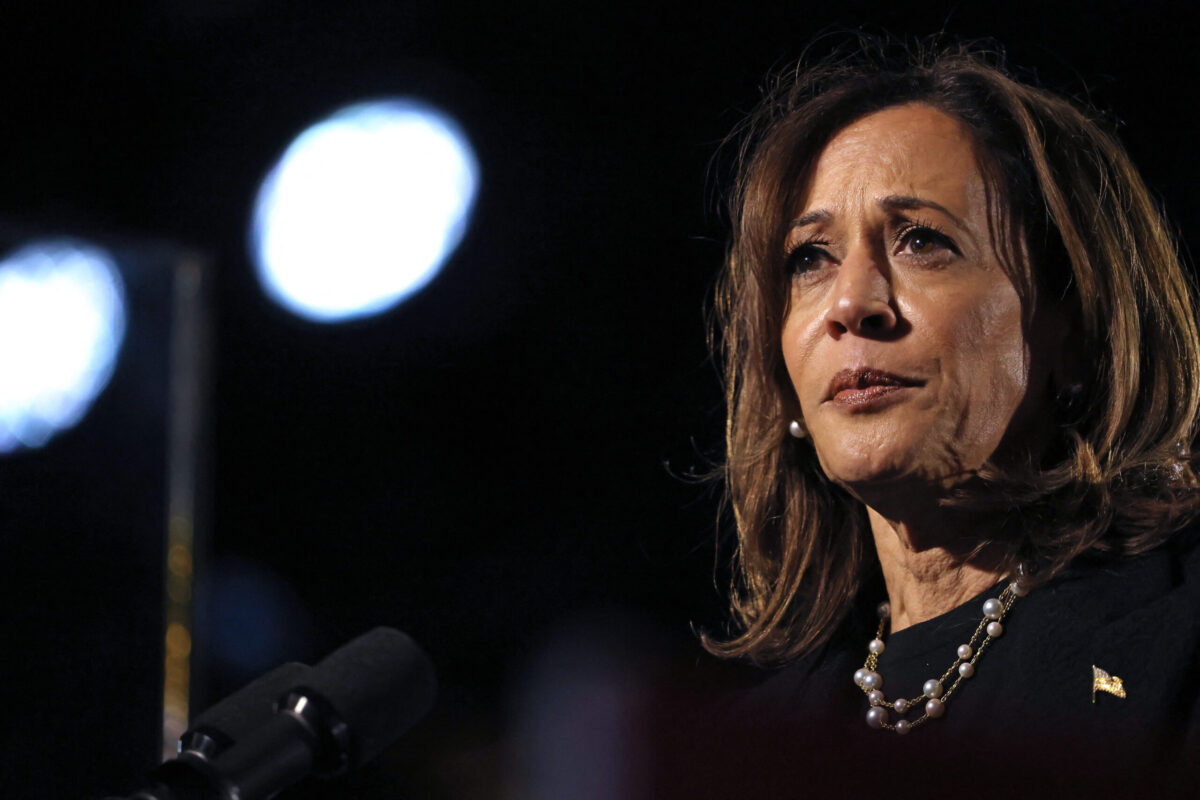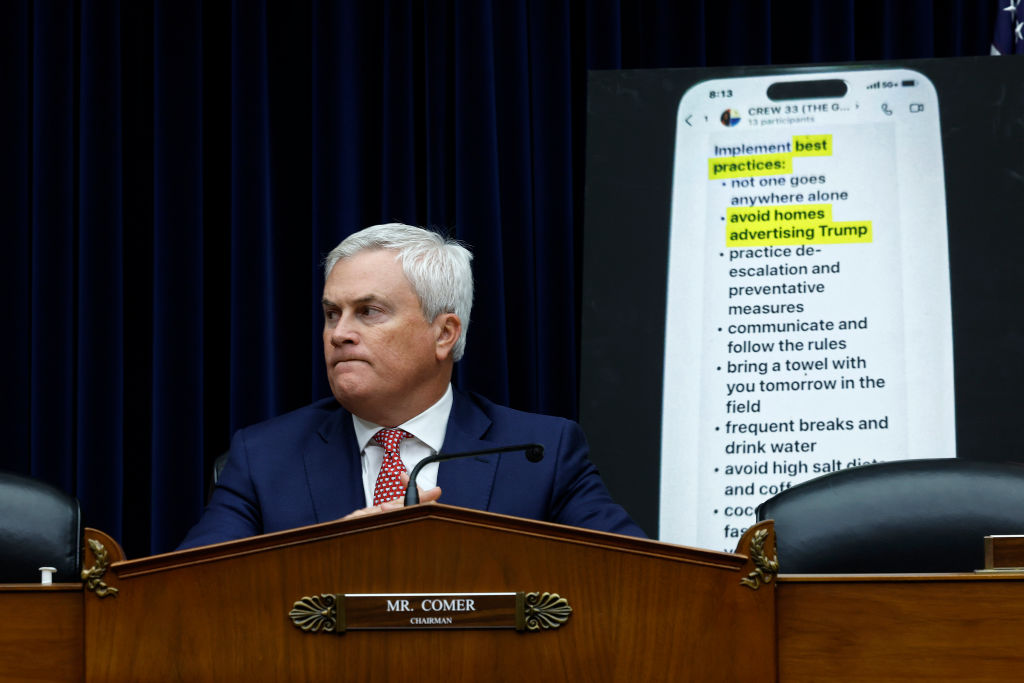Oregon reverses course on decriminalizing hardcore drugs after disastrous results
The end of August marked a new era in Oregon: Possession of certain drugs is a crime once again. The state legislature voted back in March on a pair of bills that recriminalized possession, making it a misdemeanor punishable by up to 30 days in jail for probation violations or 180 days in jail if a judge revokes probation, according to Axios at the time. Governor Tina Kotek (D) signed them into law in April. The new laws recriminalizing drug possession took effect September 1. Most of the state's counties, however, have also decided to offer a "deflection" route for people arrested for possession. They can go to jail or decide to be connected to resources to seek treatment. There were also problems with how the state's health department managed the grants for substance abuse programs. — (@) The state's response to the worsening drug epidemic was because of voters having remorse over Measure 110, which passed with 60% of the vote in 2020 to make possession of drugs like methamphetamine and fentanyl no longer a crime. As a result, parts of the state, like downtown Portland, became open drug dens that posed a risk to public safety. Businesses closed in Portland in part because of the conditions created by Measure 110. For example, a Buffalo Wild Wings was shut down over concerns that the area surrounding the restaurant became a “haven for crime and drug use.” The city said the franchise did not pay rent despite trying to alleviate the company's safety concerns, the Oregonian reported. The Washington Post reported part of Measure 110's failure was the state's lack of resources to provide treatment for drug users who opted to seek help. There were also problems with how the state's health department managed the grants for substance abuse programs. Drug Policy Alliance, which was a big proponent of Measure 110, criticized the state's response to the drug epidemic."Measure 110 had major successes but was scapegoated by corporate interests & drug war defenders. It provided over $300M for health services and increased the number of people entering voluntary treatment by 205%. These successes can’t be downplayed or attributed to H.B. 4002," DPA said. — (@) Like Blaze News? Bypass the censors, sign up for our newsletters, and get stories like this direct to your inbox. Sign up here!
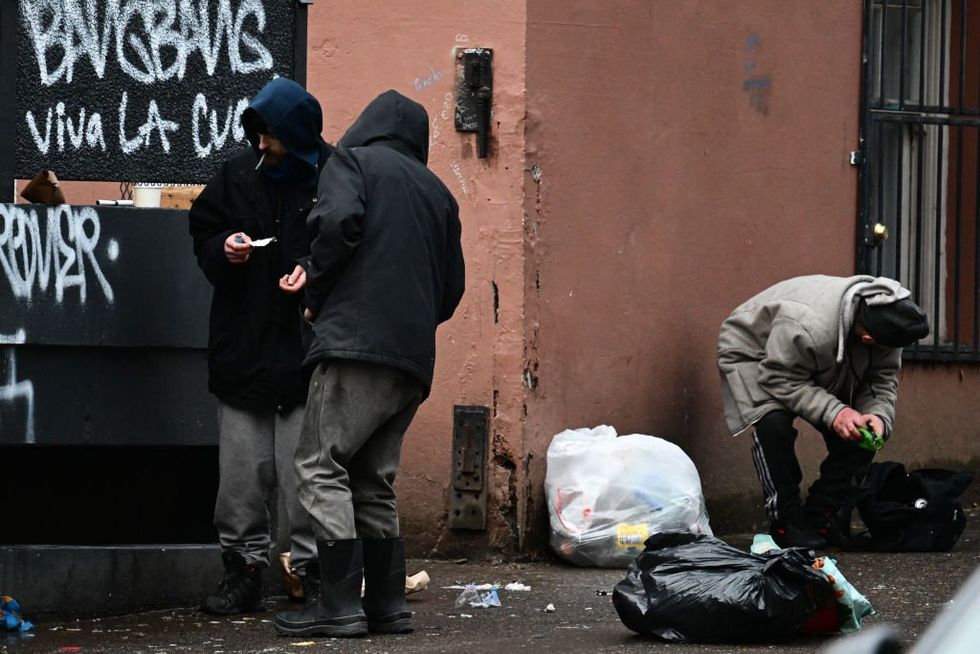

The end of August marked a new era in Oregon: Possession of certain drugs is a crime once again.
The state legislature voted back in March on a pair of bills that recriminalized possession, making it a misdemeanor punishable by up to 30 days in jail for probation violations or 180 days in jail if a judge revokes probation, according to Axios at the time. Governor Tina Kotek (D) signed them into law in April.
The new laws recriminalizing drug possession took effect September 1.
Most of the state's counties, however, have also decided to offer a "deflection" route for people arrested for possession. They can go to jail or decide to be connected to resources to seek treatment.
There were also problems with how the state's health department managed the grants for substance abuse programs.
— (@)
The state's response to the worsening drug epidemic was because of voters having remorse over Measure 110, which passed with 60% of the vote in 2020 to make possession of drugs like methamphetamine and fentanyl no longer a crime. As a result, parts of the state, like downtown Portland, became open drug dens that posed a risk to public safety.
Businesses closed in Portland in part because of the conditions created by Measure 110. For example, a Buffalo Wild Wings was shut down over concerns that the area surrounding the restaurant became a “haven for crime and drug use.” The city said the franchise did not pay rent despite trying to alleviate the company's safety concerns, the Oregonian reported.
The Washington Post reported part of Measure 110's failure was the state's lack of resources to provide treatment for drug users who opted to seek help. There were also problems with how the state's health department managed the grants for substance abuse programs.
Drug Policy Alliance, which was a big proponent of Measure 110, criticized the state's response to the drug epidemic.
"Measure 110 had major successes but was scapegoated by corporate interests & drug war defenders. It provided over $300M for health services and increased the number of people entering voluntary treatment by 205%. These successes can’t be downplayed or attributed to H.B. 4002," DPA said.
— (@)
Like Blaze News? Bypass the censors, sign up for our newsletters, and get stories like this direct to your inbox. Sign up here!
Originally Published at Daily Wire, World Net Daily, or The Blaze
What's Your Reaction?

















